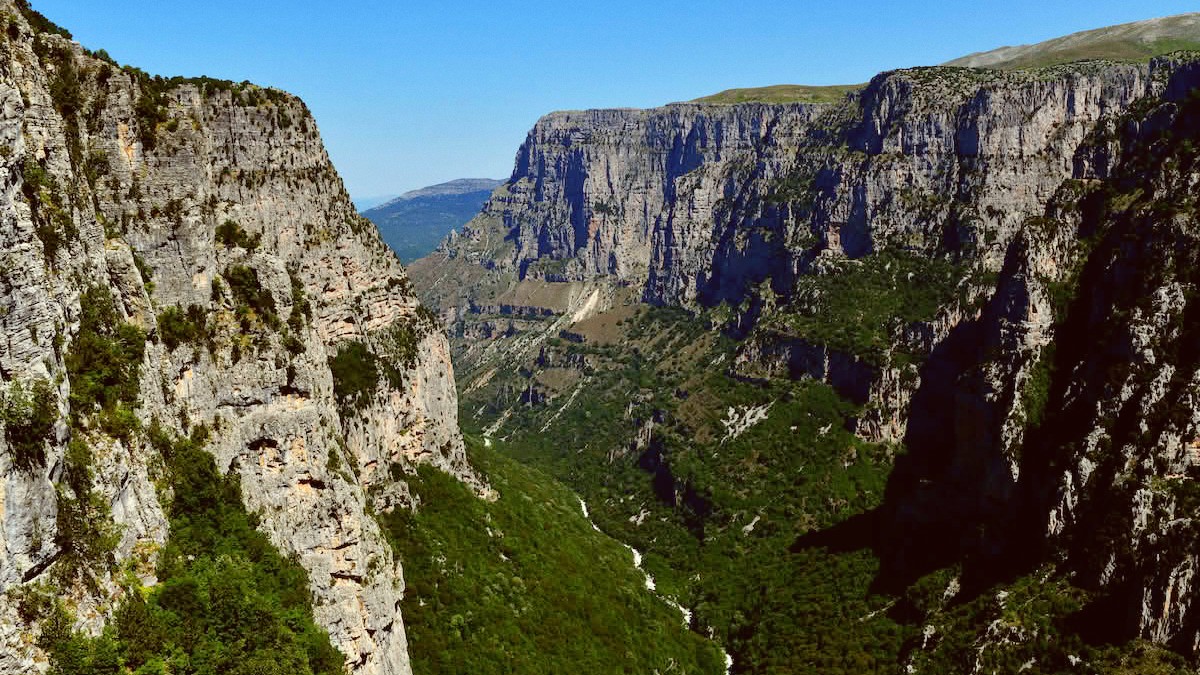
Northern Greece, Greece
For navigation and locating points of interest. Download offline maps.
For real-time translation. Download the Greek language pack for offline use.
If needed, for hailing licensed taxis via your smartphone.
For finding and booking accommodation, useful for last-minute options.
Like AccuWeather, for checking daily forecasts and planning activities.
Official tourism site. Check the Epirus section for general information about the region.
For intercity bus schedules and routes to and from Ioannina. This is helpful for planning regional travel.
For local news, events, and official information about the city.
Search for reputable travel blogs focused on Greece or Epirus for firsthand tips and recommendations.
Keep your internet connection secure when traveling. Secure your connection.
Search for official Ioannina tourism accounts on platforms like Instagram or Facebook for visual inspiration and updates. Follow reputable Greek travel pages or tourism boards for broader information.
Search for podcasts on Greek history, culture, or travel in Epirus. These can offer valuable cultural background before or during your trip.
Look for travel vlogs on YouTube that cover Ioannina and Zagori for visual guides. They can provide practical perspectives and showcase beautiful scenery.
Look for documentaries about Epirus, Vikos Gorge, or Greek history that might feature Ioannina. These offer visual context and historical depth.
Listen to traditional Greek folk music (demotika tragoudia), especially from Epirus, often with clarinet. This gives a cultural backdrop. Explore Greek art to appreciate the country's artistic heritage.
Travel forums (e.g., Reddit's r/Greece, TripAdvisor forums for Ioannina) are excellent for specific questions, recent traveler tips, and connecting with others.
Before your trip, download essential apps and offline maps. This approach ensures you have access to information even without an internet connection.
For basic Greek phrases and gamified learning.
Offers practical conversations and cultural context. Start learning Greek.
Uses spaced repetition for vocabulary memorization.
Communicating more effectively with locals.
Showing respect for the local culture.
Deepening your travel experience through local interaction.
"Kalimera" (Good morning) and "Kalispera" (Good evening) upon entering shops or restaurants.
"Efharisto" (Thank you) and "Parakalo" (Please/You're welcome). These words are appreciated by locals.
Attempting to order food or coffee in Greek, even if just a few words, shows a willingness to engage and is often met with warmth.
Attempting a few Greek phrases is always appreciated. It goes a long way in connecting with locals and demonstrating cultural consideration.